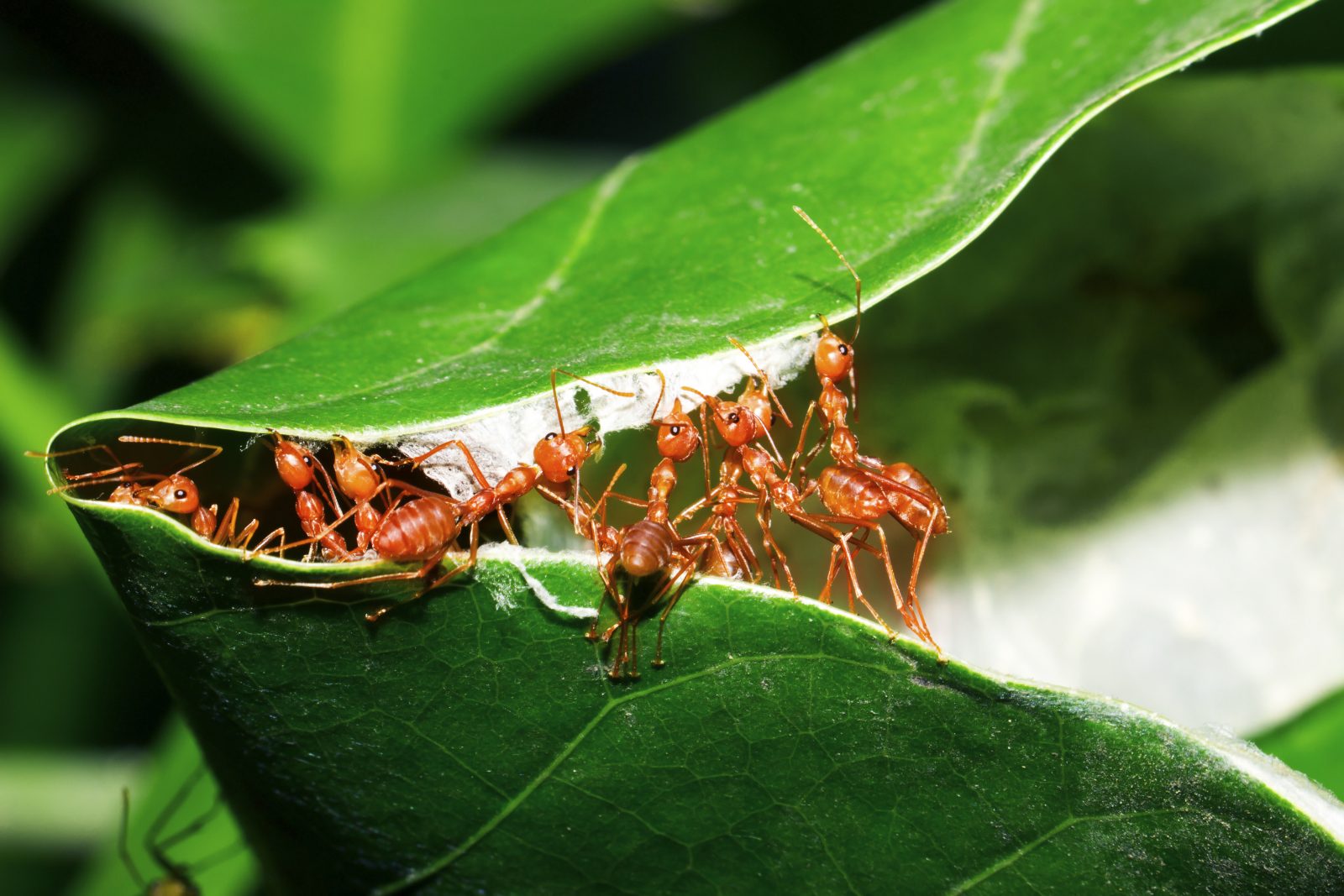
Amazing Insect Colonies vs. Evolution
On today’s ID the Future, Animal Algorithms author Eric Cassell delves into another fascinating portion of his new book, the programmed social behaviors of colony insects and the challenge these instinctive behaviors pose for modern evolutionary theory. Cassell and host Robert J. Marks discuss the complex caste system of these colonies, the impressive signaling systems they use to communicate, and how technologists study these tiny-brained creatures to learn tricks for developing and improving drone swarm technology. How could a mindless evolutionary process have evolved these sophisticated colonies, where various castes appear essential to the functioning and survival of the colony, and possess their division-of-labor skills instinctively? Some colony members also behave altruistically, a fact that Charles Darwin himself conceded posed a challenge to his theory. And what about all the growing number of orphan genes researchers are finding among colony insects—genes without any apparent evolutionary ancestry in the history of life? This too, Cassell argues, poses a major challenge to evolutionary theory. Cassell argues that underlying these complex instinctive social behaviors are complex algorithms not unlike those we find in computers; and, as he argues in the book, the best explanation for their origin is intelligent design. Learn more about the book, read the endorsements from a range of scientists and engineers, and pick up your copy here.
